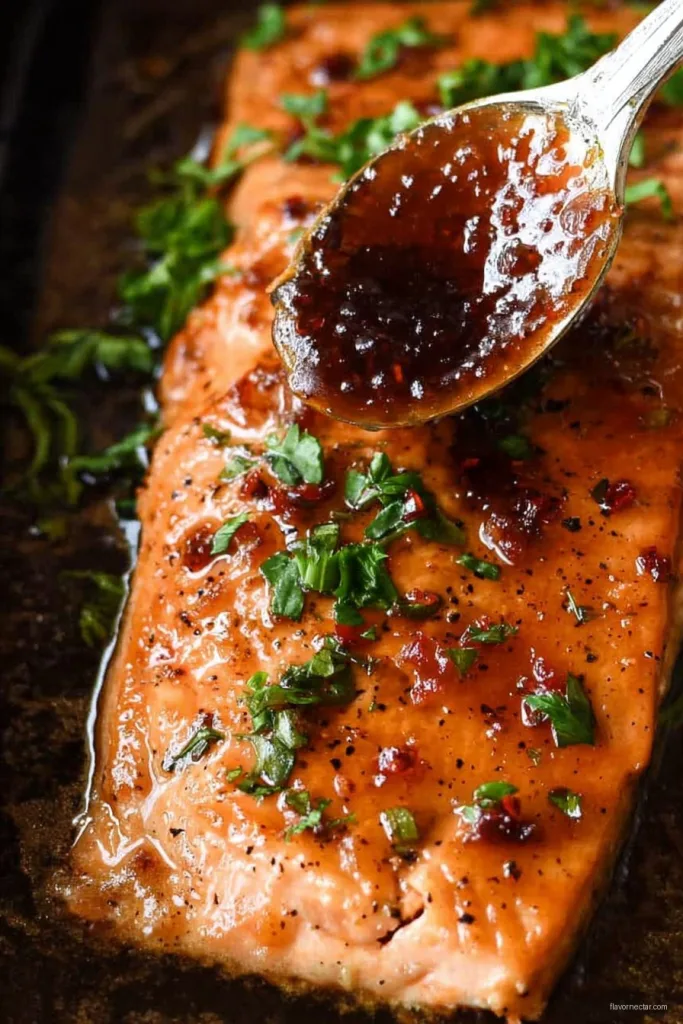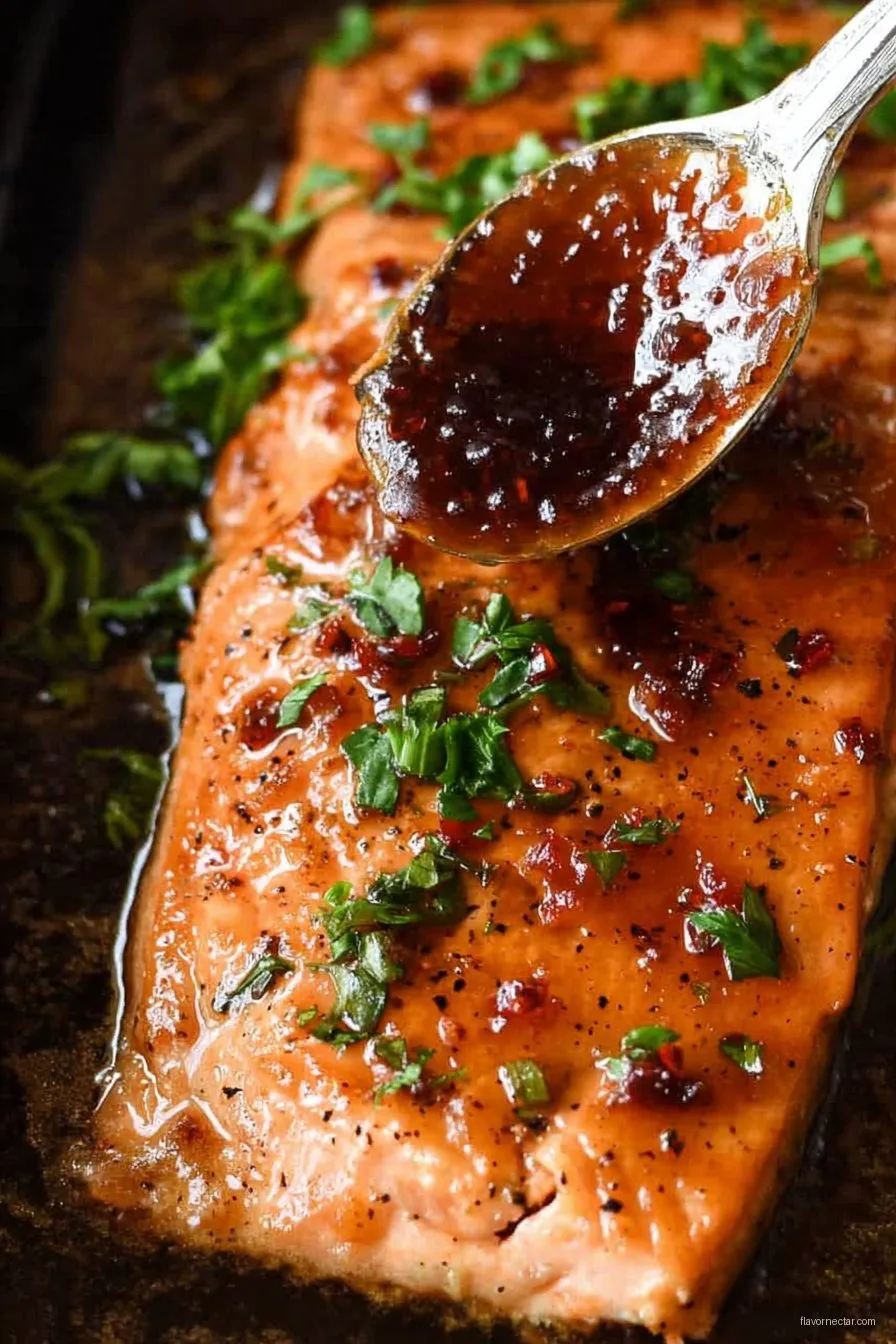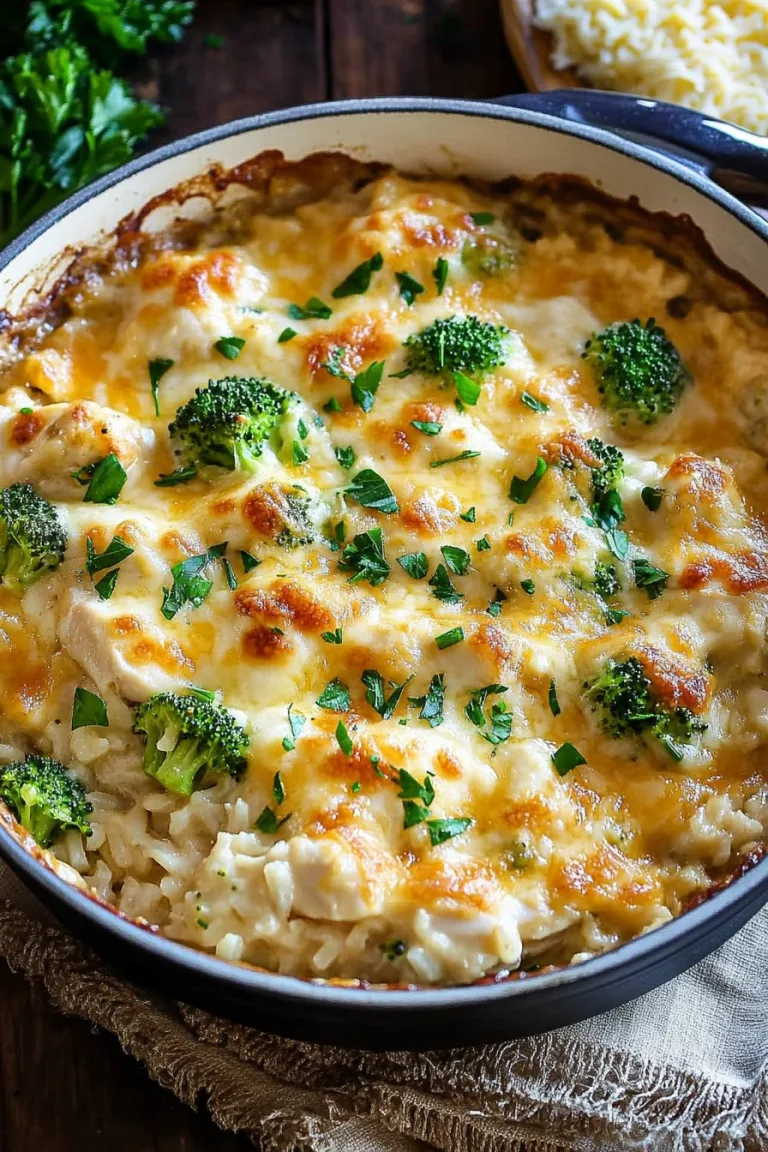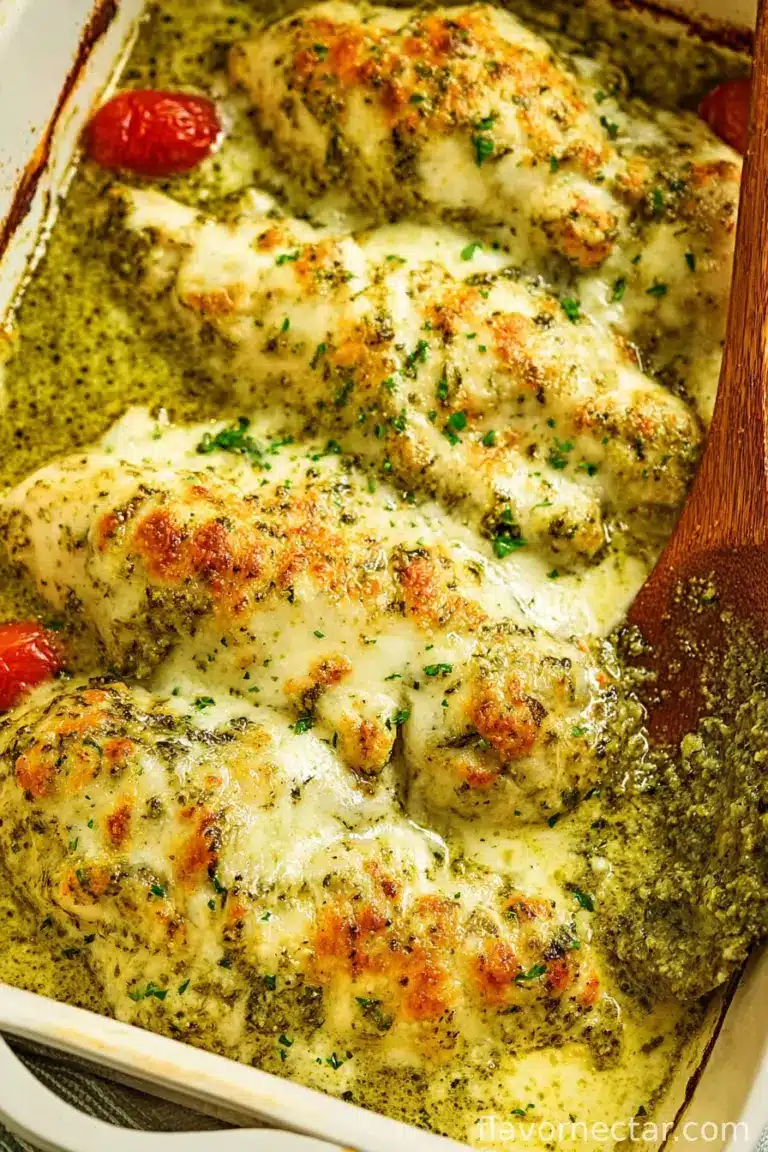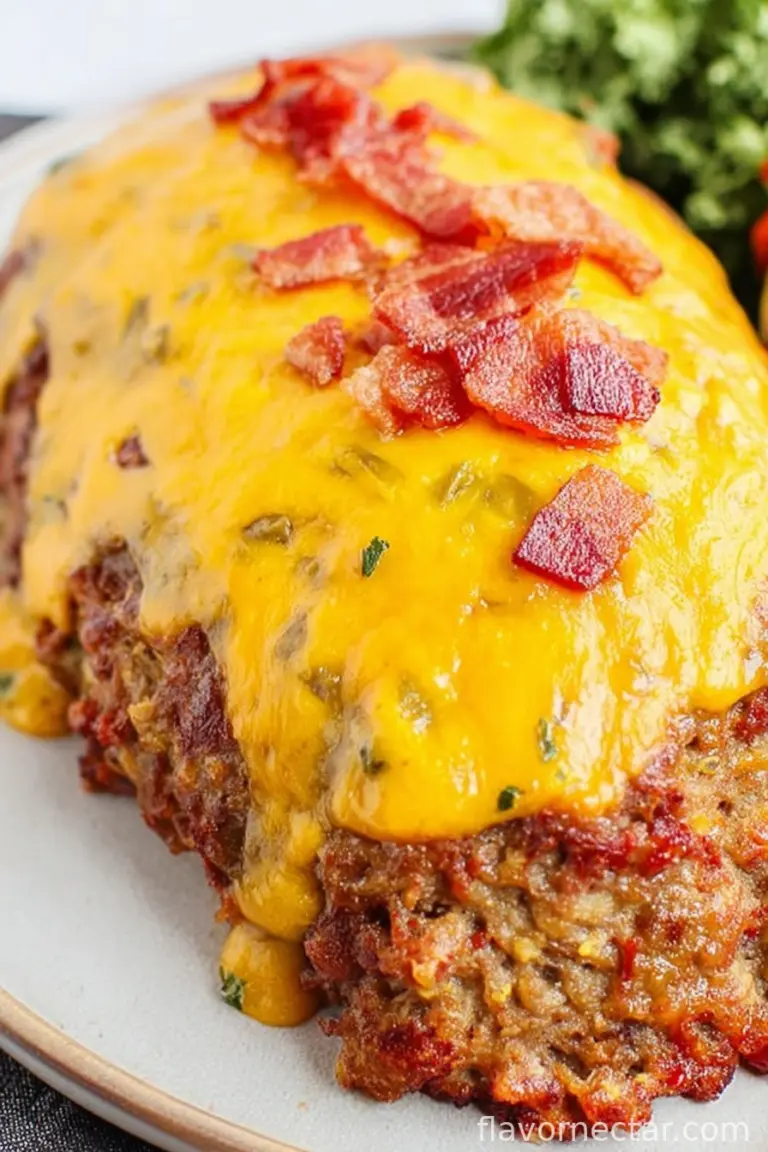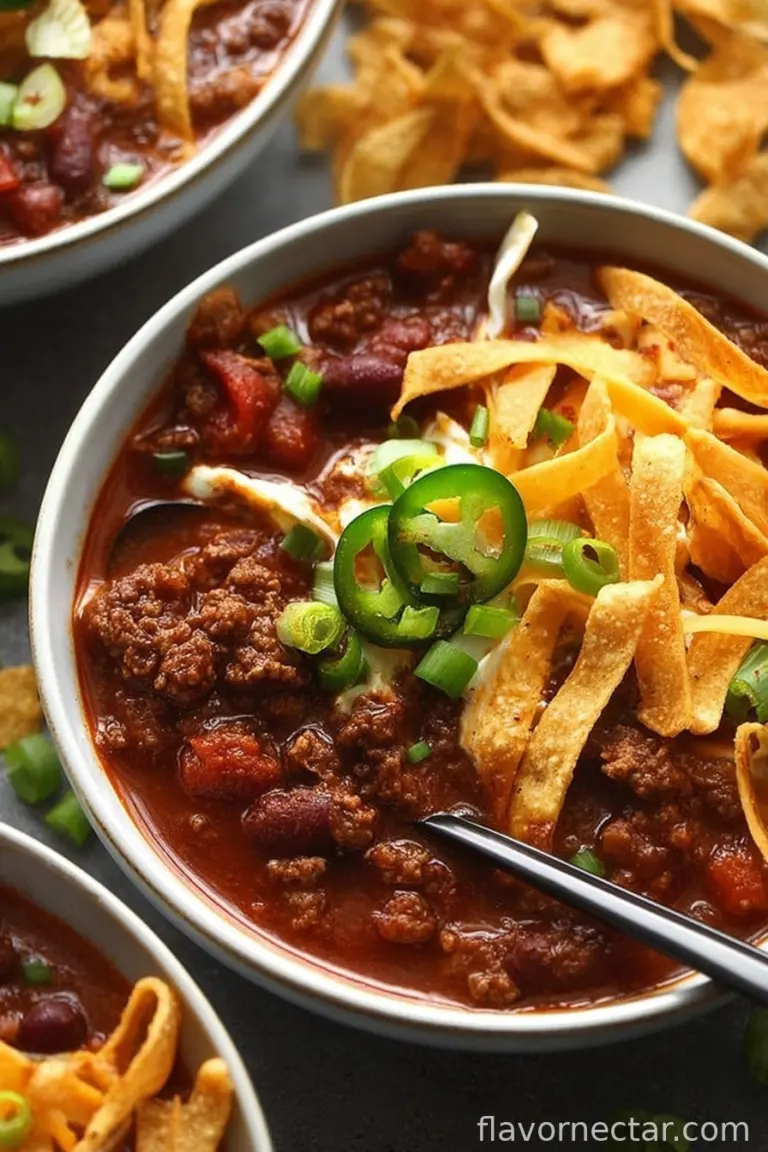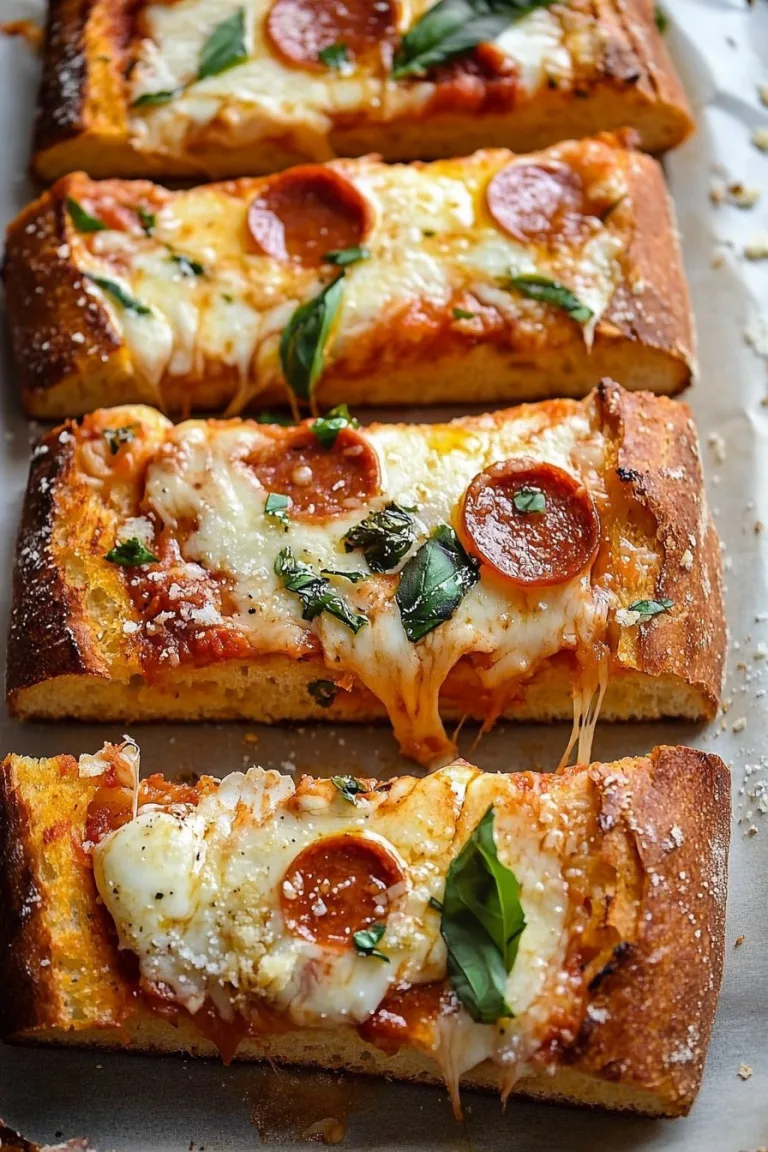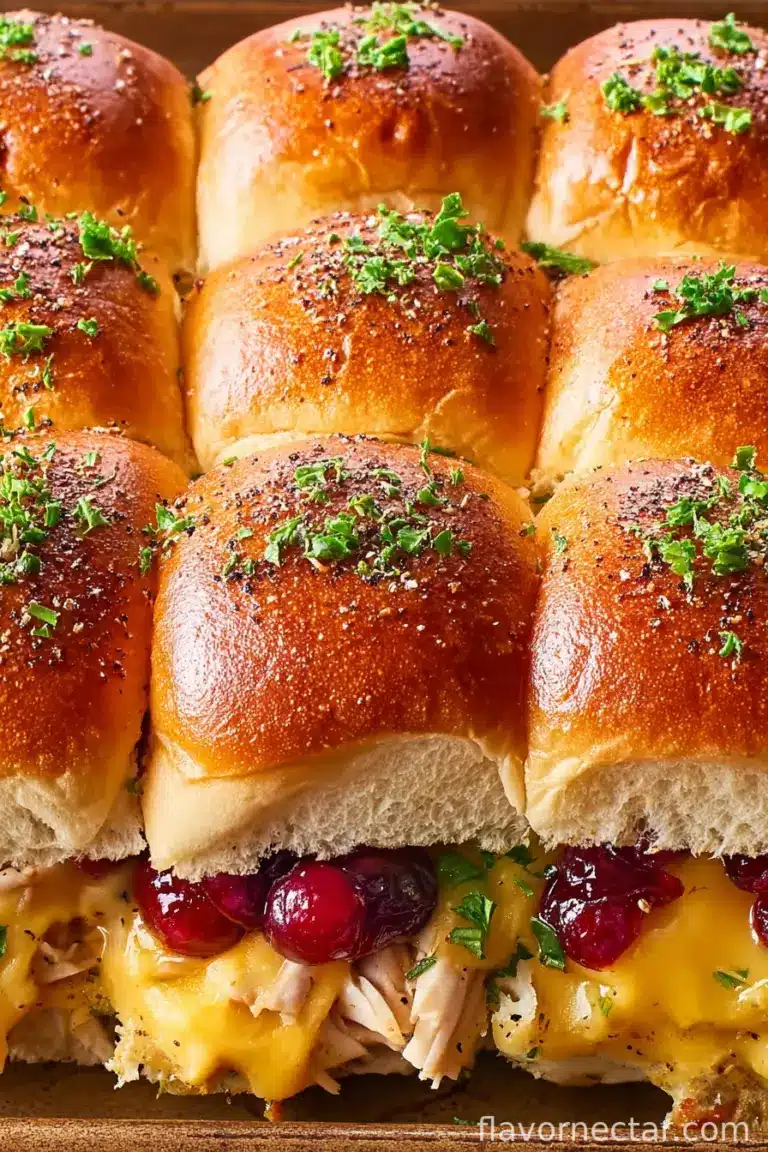Hey y’all! If you’re searching for a dish that’s sweet, savory, and totally irresistible, this Brown Sugar Soy Sauce Salmon is about to become your new favorite. Juicy salmon fillets are glazed with a magical mix of brown sugar, soy sauce, garlic, and a splash of citrus for that perfect balance of flavors. Whether you’re making a quick weeknight dinner or impressing friends at a special gathering, this recipe shines every time. So grab your apron—let’s get cooking!
Why You’ll Love This Brown Sugar Soy Sauce Salmon
- Quick and easy—ready in just 25 minutes from start to finish.
- Packed with rich umami flavor and just the right touch of sweetness.
- Minimal ingredients make cleanup a breeze.
- It’s healthy, with lean protein and omega-3s from fresh salmon.
- Versatile enough to serve with rice, veggies, or your favorite sides.
Brown Sugar Soy Sauce Salmon Ingredients
- 4 salmon fillets (6 oz each, skin-on preferred)
- 1/4 cup brown sugar, packed
- 1/4 cup low-sodium soy sauce
- 2 cloves garlic, minced
- 1 tbsp fresh lemon juice (about 1/2 lemon)
- 1 tbsp olive oil
- 1/2 tsp black pepper
- 1/4 tsp red pepper flakes (optional, for a bit of heat)
- 2 green onions, thinly sliced (for garnish)
- Sesame seeds (optional, for garnish)
Directions: How to Make Brown Sugar Soy Sauce Salmon
Step 1: Prep the Glaze and Salmon
In a small bowl, whisk together the brown sugar, soy sauce, minced garlic, lemon juice, olive oil, black pepper, and red pepper flakes. Place your salmon fillets on a plate and pat dry with paper towels. Pour half the glaze over the salmon, reserving the rest for later.
Step 2: Marinate for Flavor
Let the salmon marinate at room temperature for 10 minutes to soak up all those sweet and tangy flavors. Meanwhile, preheat your oven to 400°F (200°C) and line a rimmed baking sheet with parchment paper.
Step 3: Bake the Salmon
Arrange the salmon skin-side down on the prepared baking sheet. Brush any marinade from the plate onto the fillets. Bake for 12-14 minutes, or until the fillets flake easily with a fork and have a beautiful caramelized glaze.
Step 4: Broil for that Perfect Finish
For extra caramelization, switch the oven to broil and broil the fillets for 1-2 minutes, watching closely so they don’t burn.
Step 5: Serve and Enjoy
Drizzle the reserved glaze over the cooked salmon, then garnish with sliced green onions and sesame seeds. Serve immediately—enjoy that sweet and savory perfection!
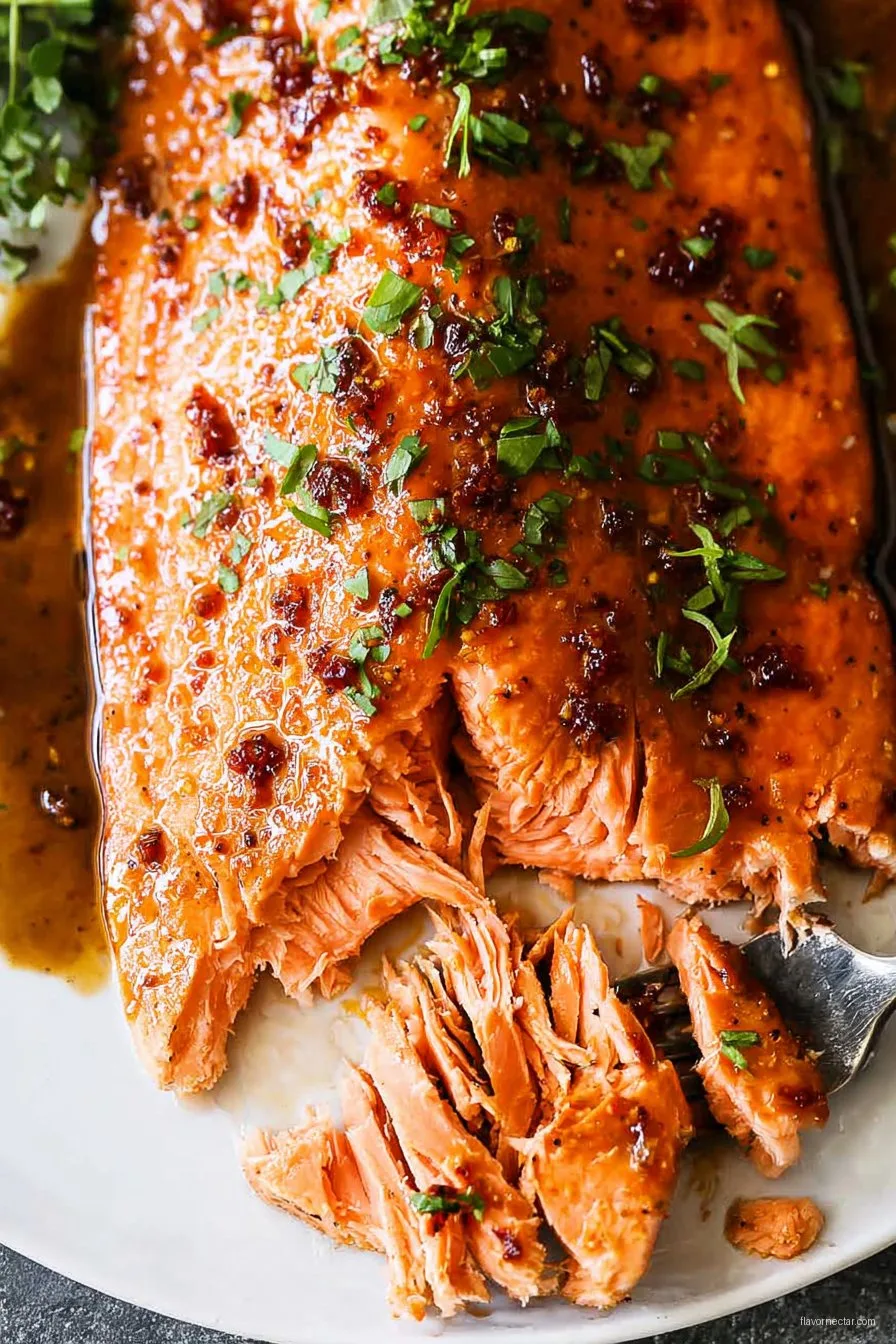
Notes: Tips for Brown Sugar Soy Sauce Salmon Success
- Always use fresh salmon for the best texture and flavor—learn how to select high-quality salmon from this guide.
- If using frozen salmon, thaw overnight in the fridge and pat very dry before marinating.
- For a smokier touch, you can grill the salmon instead—here’s a helpful guide on grilling salmon.
Brown Sugar Soy Sauce Salmon Variations
- Citrus Twist: Swap lemon juice for orange juice and add zest for a vibrant flavor.
- Asian Fusion: Add 1 tsp grated fresh ginger and a splash of sesame oil to the glaze.
- Honey Garlic: Replace half the brown sugar with honey and add extra garlic for a stickier, garlicky finish.
Required Equipment for Brown Sugar Soy Sauce Salmon
- Rimmed baking sheet
- Parchment paper or aluminum foil
- Small mixing bowl
- Whisk
- Basting brush (optional)
Storing Brown Sugar Soy Sauce Salmon
Cool cooked salmon completely, then store in an airtight container in the refrigerator for up to 3 days. To reheat, gently warm in the oven at 300°F (150°C) for 8-10 minutes or microwave on low. Do not freeze after glazing: the sauce may separate. For more on salmon storage and safety, check out these tips.
Serving Suggestions: What to Serve with Brown Sugar Soy Sauce Salmon
- Steamed jasmine rice or quinoa
- Garlic sautéed green beans or bok choy
- Miso soup or a crisp green salad
- Fresh lime or lemon wedges on the side
Brown Sugar Soy Sauce Salmon Pro Tips
- Don’t overcook—salmon is perfectly done when it flakes gently in the center (learn more about doneness from this article).
- Reserve some glaze for drizzling—extra flavor without the risk of undercooked marinade.
- Use a broiler-safe baking sheet and don’t walk away during the final broil step; caramelization happens fast!
Brown Sugar Soy Sauce Salmon FAQ
- Can I use other types of fish?
- Absolutely! This glaze works wonderfully on trout, cod, or even chicken breast—just adjust cooking times accordingly.
- Is this recipe gluten-free?
- It can be! Use tamari or certified gluten-free soy sauce to make this a gluten-free meal.
- How spicy is Brown Sugar Soy Sauce Salmon?
- The heat is subtle from red pepper flakes, but you can omit them if you prefer a milder fish.
Prep Time: 10 minutes
Cook Time: 14 minutes
Total Time: 24 minutes
Ingredients
- 4 salmon fillets (about 6 ounces each)
- 1/4 cup brown sugar, packed
- 1/4 cup soy sauce
- 2 tablespoons olive oil
- 3 cloves garlic, minced
- 1 tablespoon fresh ginger, grated
- 1 tablespoon lemon juice
- 1/4 teaspoon black pepper
- 2 green onions, sliced (for garnish)
Instructions
-
1Preheat oven to 400°F (200°C) and line a baking sheet with parchment paper or lightly grease it.
-
2In a small bowl, whisk together brown sugar, soy sauce, olive oil, minced garlic, grated ginger, lemon juice, and black pepper until well combined.
-
3Place the salmon fillets skin-side down on the prepared baking sheet. Spoon the brown sugar soy sauce mixture evenly over each fillet.
-
4Bake for 12-15 minutes, or until the salmon is cooked through and flakes easily with a fork.
-
5Garnish with sliced green onions and serve immediately with your favorite side dishes.
Approximate Information for One Serving
Nutrition Disclaimers
Number of total servings shown is approximate. Actual number of servings will depend on your preferred portion sizes.
Nutritional values shown are general guidelines and reflect information for 1 serving using the ingredients listed, not including any optional ingredients. Actual macros may vary slightly depending on specific brands and types of ingredients used.
To determine the weight of one serving, prepare the recipe as instructed. Weigh the finished recipe, then divide the weight of the finished recipe (not including the weight of the container the food is in) by the desired number of servings. Result will be the weight of one serving.
Did you make this recipe?
Please consider Pinning it!!

